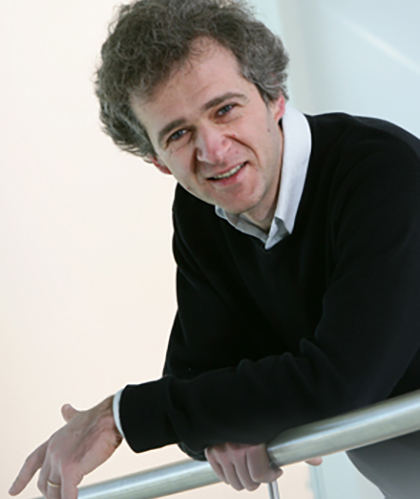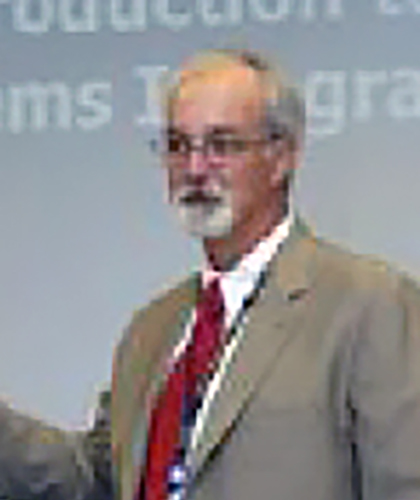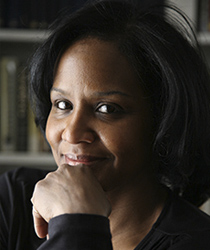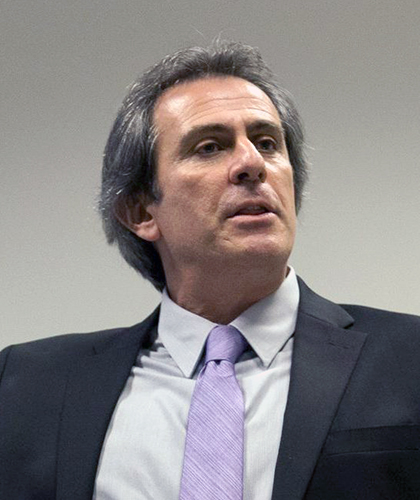Faculty Directory
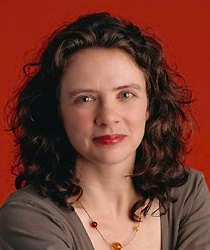
Abshire, Pamela
Professor
Fischell Institute Fellow

Adomaitis, Raymond A.
Professor
Associate Chair and Director of Undergraduate Studies
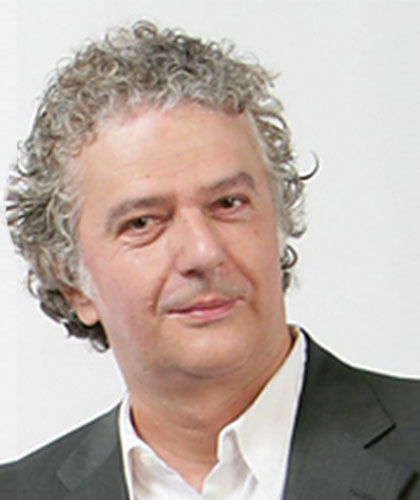
Aloimonos, Yiannis
Professor

Austin, Mark A.
Associate Professor
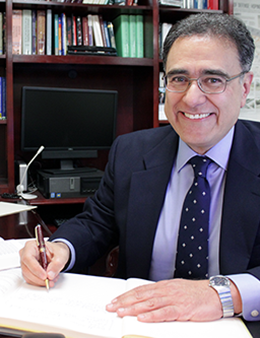
Ayyub, Bilal M.
Professor
Director, Center for Technology and Systems Management
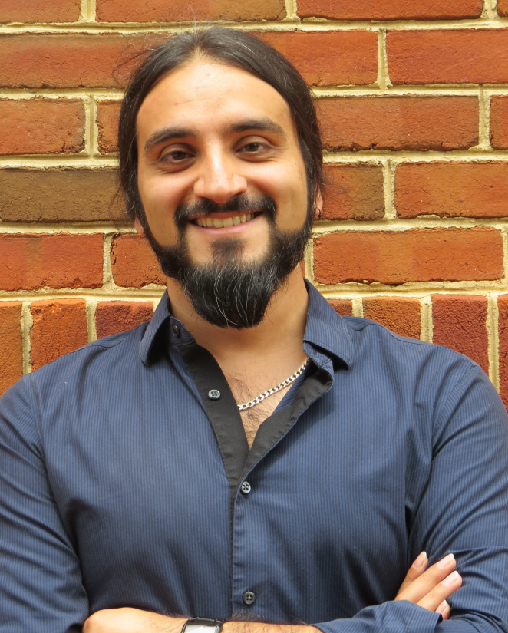
Babadi, Behtash
Associate Professor
Associate Chair for Graduate Studies

Ball, Michael O.
Professor Emeritus
Co-Director, National Center of Excellence for Aviation Operations Research (NEXTOR)
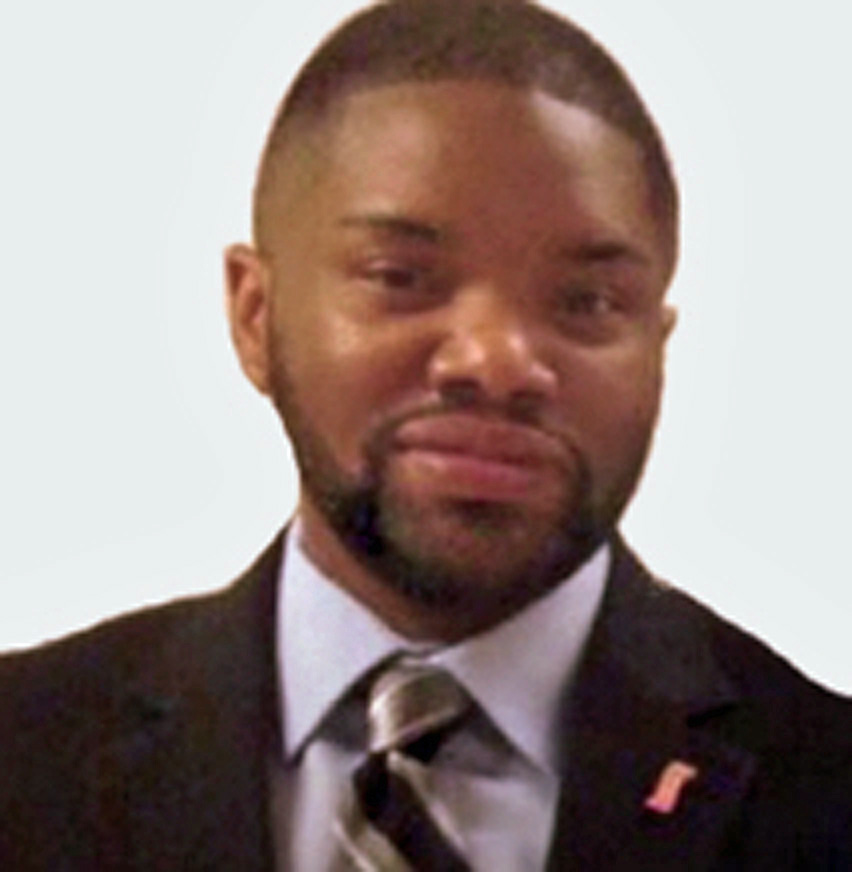
Barber, Tony
Lecturer
Professor
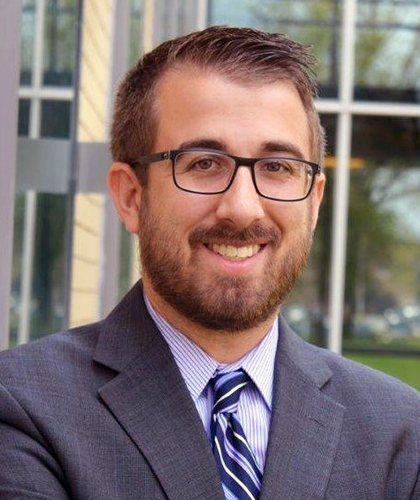
Brundage, Michael
Associate Research Engineer (ARLIS)
Affiliate Faculty (ISR)
Affiliate Associate Research Engineer (ME)
The Institute for Systems Research
Mechanical Engineering
Mechanical Engineering
Applied Research Laboratory for Intelligence and Security (ARLIS)
mbrundag@umd.edu

Butts, Daniel
Associate Professor

Chen, Po-Yen
Assistant Professor
Chemical and Biomolecular Engineering
Maryland Robotics Center
The Institute for Systems Research
Maryland Energy Innovation Institute
Electrical and Computer Engineering
Maryland Robotics Center
The Institute for Systems Research
Maryland Energy Innovation Institute
Electrical and Computer Engineering
Room 1223C, 4418 Stadium Dr., Chemical & Nuclear Engineering Building, College Park, MD 20742-2111
checp@umd.edu
301-405-0153
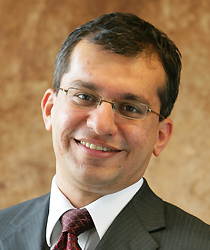
Chopra, Nikhil
Professor
Director of Undergraduate Studies

Cleaveland, W. Rance
Professor
Associate Dean for Research, College of Computer, Mathematical and Natural Sciences
NSF Division Director for Computing and Communication Foundations, 2018-2022

Diaz-Mercado, Yancy
Associate Professor
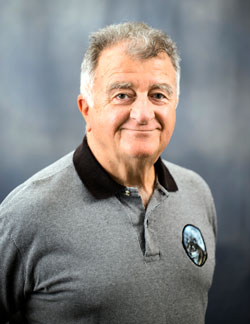
Ephremides, Anthony
Distinguished University Professor Emeritus
Cynthia Kim Eminent Professor of Information Technology
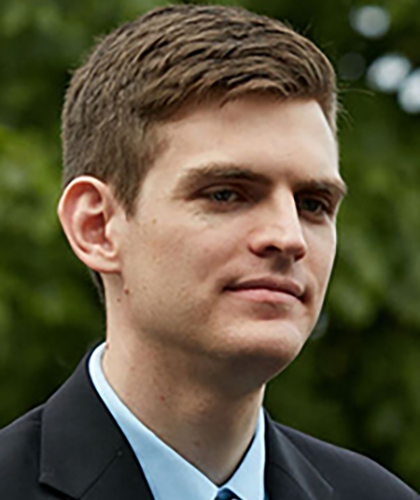
Estes, Alexander
Assistant Professor

Eveleigh, Timothy John
Lecturer

Fermüller, Cornelia
Research Scientist

Fu, Michael
Professor
Smith Chair of Management Science

Fuge, Mark D.
Visiting Research Professor

Gabriel, Steven A.
Professor
Leader, Design, Systems and Reliability Group
Mechanical Engineering
Maryland Energy Innovation Institute
The Institute for Systems Research
Center for Risk and Reliability
Applied Mathematics, Statistics, and Scientific Computing Program
Maryland Energy Innovation Institute
The Institute for Systems Research
Center for Risk and Reliability
Applied Mathematics, Statistics, and Scientific Computing Program

Gentili, Rodolphe
Associate Professor
Ghanadan, Reza
Professor and Executive Director of Innovations in AI
The Institute for Systems Research
A. James Clark School of Engineering
A. James Clark School of Engineering
2137 A.V. Williams Building Univ. of Md. College Park, College Park MD 20742
rezag@umd.edu
301-405-2770
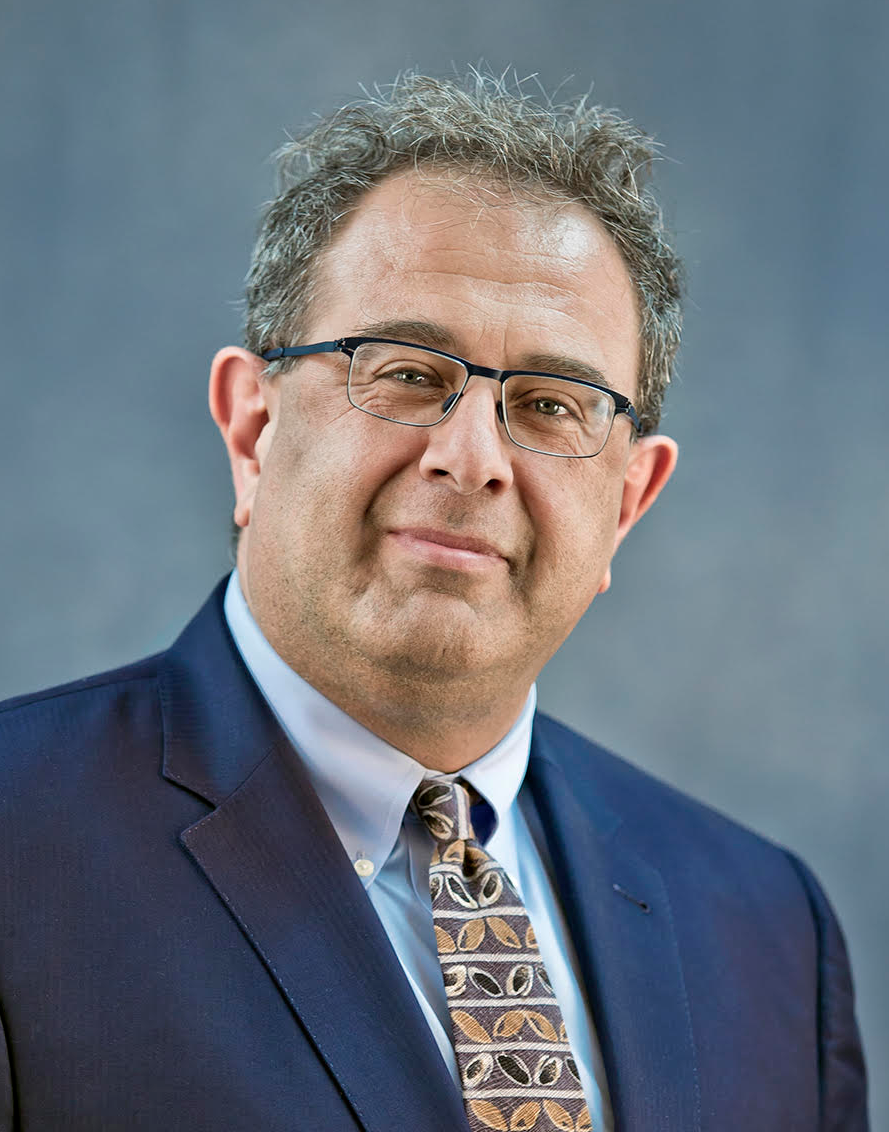
Ghodssi, Reza
Distinguished University Professor
Herbert Rabin Distinguished Chair in Engineering
Former Director, Institute for Systems Research (2009-2017)
Executive Director of Research and Innovation
Fischell Institute Fellow
Founding Co-Director, Brain and Behavior Initiative/Institute (2015-2021)

Hedberg, Thomas
Research Engineer
Associate Director for Education Programs
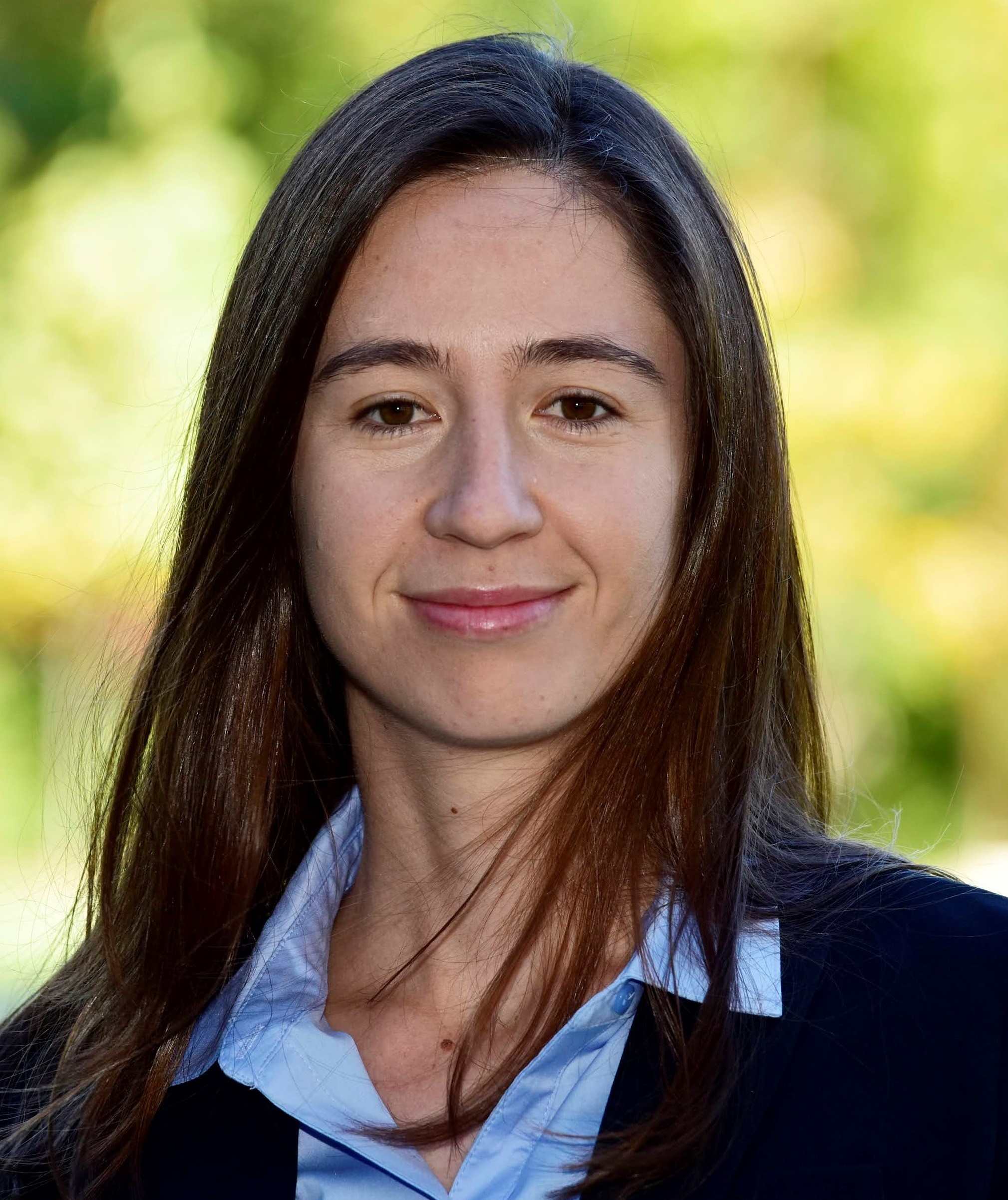
Huertas Cerdeira, Cecilia
Assistant Professor
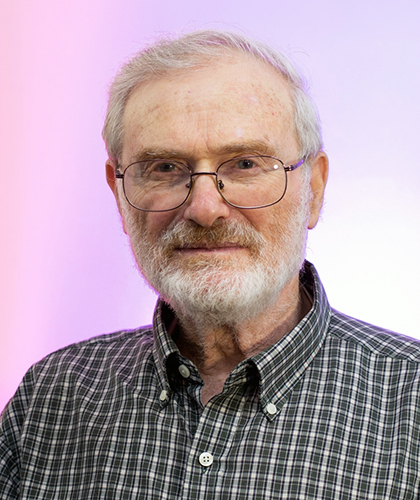
Kedem, Benjamin
Professor
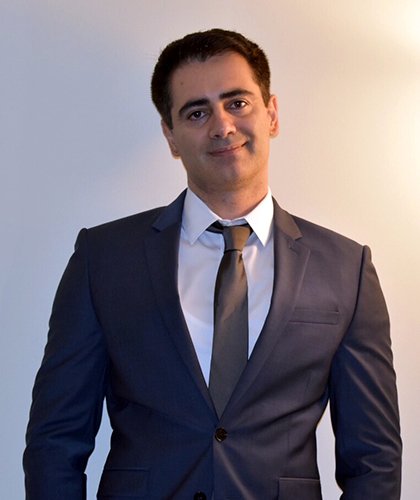
Khaligh, Alireza
Interim Director of Institute for Systems Research (ISR)
Professor

Krishnaprasad, P. S.
Professor

Lawrence, Craig
Director for Systems Research (ARLIS)
Visiting Research Scientist (ISR)
The Institute for Systems Research
Applied Research Laboratory for Intelligence and Security
clawren4@umd.edu
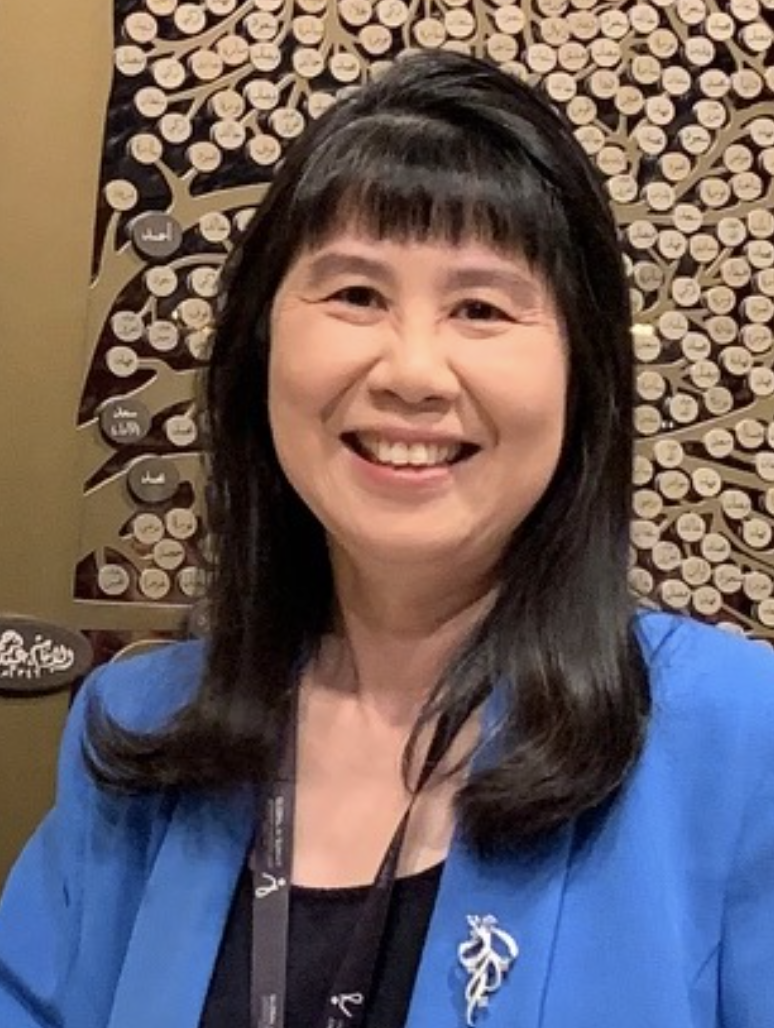
Lin, Ming
Professor
Dr. Barry Mersky and Capital One Endowed Professor
Distinguished University Professor

Lovell, David
Professor
Director of Gemstone Honors Program

Manocha, Dinesh
Distinguished University Professor
Paul Chrisman Iribe Professor of Computer Science

Marathe, Atharv
Faculty Specialist
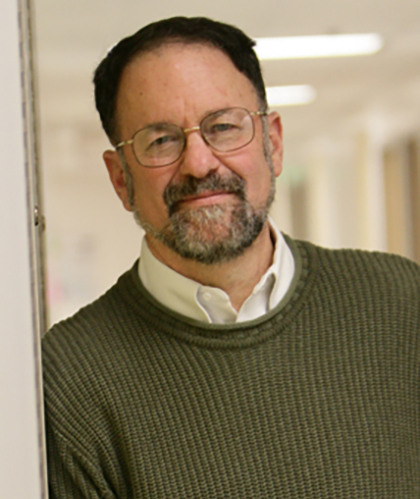
Marcus, Steve
Professor Emeritus
Former Director, Institute for Systems Research
Former Chair, Department of Electrical and Computer Engineering
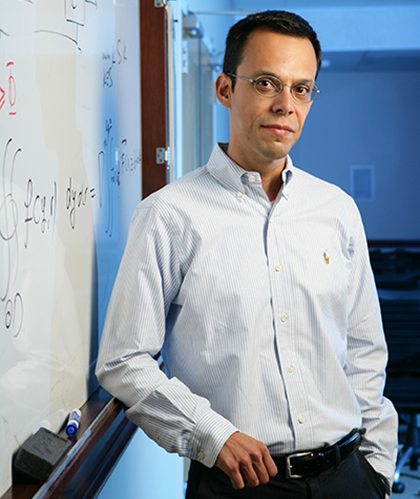
Martins, Nuno
Professor
Mukherjee, Shoutik
Assistant Research Scientist

Nau, Dana
Professor Emeritus

Otte, Michael
Associate Professor

Paley, Derek A.
